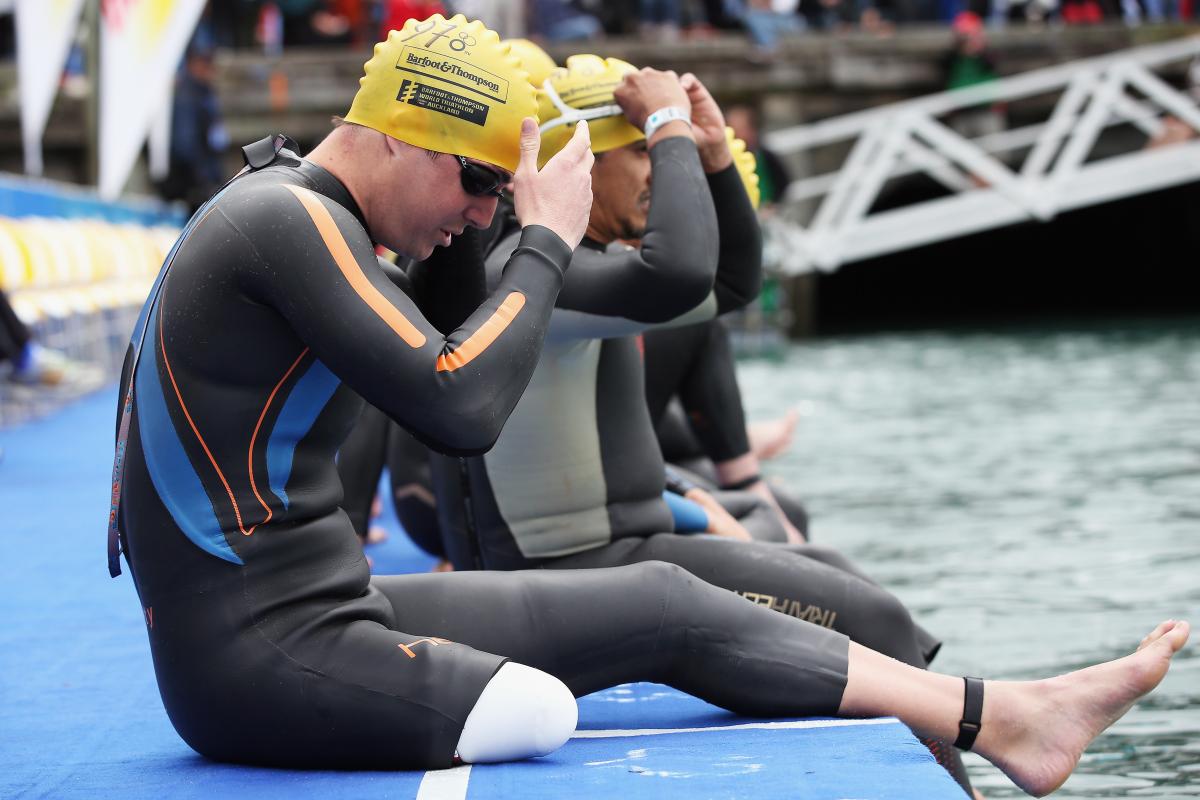Wellness and Speed: The Life-Changing Impact of Triathlon Coaching

Coaching for triathlons is a transformative process that combines the challenging physical challenges of the swim leg, the cycling segment, and the running aspect. Whether you happen to be a experienced athlete or a novice to the world of endurance sports, possessing the appropriate guidance can markedly boost your output and general well-being. Engaging with a skilled coach not only assists you sharpen your skills but also ensures that your training is customized specifically to your specific goals and aspirations.
As the interest of triathlons continues to grow, so too does the drive to enhance both pace and wellbeing. A well-structured coaching program can change your approach to training, providing you with the resources to develop endurance, improve technique, and minimize injury risk. With the expertise of a coach, you will learn how to juggle the demands of intense training with proper nutrition and rest, leading to a more fulfilling and sustainable athletic experience. Embracing triathlon coaching could be the answer to releasing your full potential.
Benefits of Triathlete Coaching
Triathlon coaching offers a systematic approach to training that can greatly enhance both performance and overall wellness. Trainers provide personalized training plans tailored to personal goals, ability levels, and timing, ensuring that athletes reach their capabilities. This individualized guidance helps athletes progress methodically, reducing the risk of harm and burnout while fostering steady improvement in all three [disciplines:|areas:|aspects:] swimming, cycling, and running.
Another key advantage of triathlon coaching is the knowledge and expertise that trainers bring to the table. They not only offer important insights into technique and style but also provide dietary, rehabilitation, and psychological strategies essential for achieving goals. This all-encompassing support system prepares athletes for the competition and helps them navigate the challenges of training, promoting a well-rounded approach to both competition and health.
Moreover, the accountability that comes with having a coach helps athletes remain motivated and dedicated to their workout plans. Regular meetings and progress reports create a sense of responsibility, leading to greater consistency in sessions. This motivation can foster a tight-knit community among triathletes as well, encouraging camaraderie and shared experiences through practice sessions and events, ultimately enhancing the enjoyment of the sport.
Improving Health Through Exercise
Participating in triathlon coaching delivers a organized method to fitness that highlights both stamina and strength. As participants train for swimming, the bike, and running, they witness significant advancements in heart health. Regular endurance training enhances heart function, allowing it to circulate blood more effectively, which results in lower resting heart rates and improved overall heart health. This focus on aerobic capacity not only boosts physical stamina but also contributes to long-term health benefits.
Alongside cardiovascular benefits, triathlon coaching promotes weight management and metabolic health. The mix of varying exercises aids individuals burn calories successfully while gaining lean muscle mass, which raises metabolism. Through appropriate training and diet plans provided by coaches, athletes can achieve and maintain a healthy weight, reducing the risk of obesity-related diseases such as diabetes and hypertension. The skills learned in triathlon coaching also promote lifelong habits that can lead to sustained health.
Furthermore, the holistic nature of triathlon training fosters mental well-being alongside physical improvement. The discipline and commitment required in triathlon competitions results in increased confidence and self-esteem. As athletes reach their training goals, they gain a sense of achievement that positively affects their mental state. This mental resilience, developed through structured coaching, not only boosts performance in sports but also carries over to everyday life, promoting a positive mindset and stress reduction.

Improving Results and Pace
Endurance training delivers a structured strategy to training that can dramatically improve performance. Trainers create tailored training programs adapted to an athlete's abilities and objectives, ensuring that each session is targeted and effective. By evaluating an athlete's advantages and limitations, a coach can implement tactics that optimize every facet of the triathlon, from aquatics to cycling to running. This focused training not only increases endurance and strength but also enhances technique, allowing athletes to perform more smoothly and with enhanced speed.
The responsibility of a coach extends beyond just workouts; they also bring a wealth of knowledge about diet and rest. Understanding how to fuel the body adequately and the significance of downtime can significantly impact an athlete's results. Coaches help athletes make educated choices about their diet, ensuring they have the fuel needed for rigorous training sessions. Additionally, they can create rehabilitation plans that reduce burnout and injuries, further enhancing an athlete's capacity to stretch their boundaries during events.
Mental preparation is another critical component of triathlon coaching that contributes to improved performance and speed. Coaches help athletes cultivate psychological toughness, teaching them methods to navigate challenges and keep focus under pressure. By instilling self-belief and resilience, athletes are better equipped to act at their top during events. This comprehensive approach to training empowers athletes to achieve their best, creating new personal records and boosting their complete pleasure of the sport.
